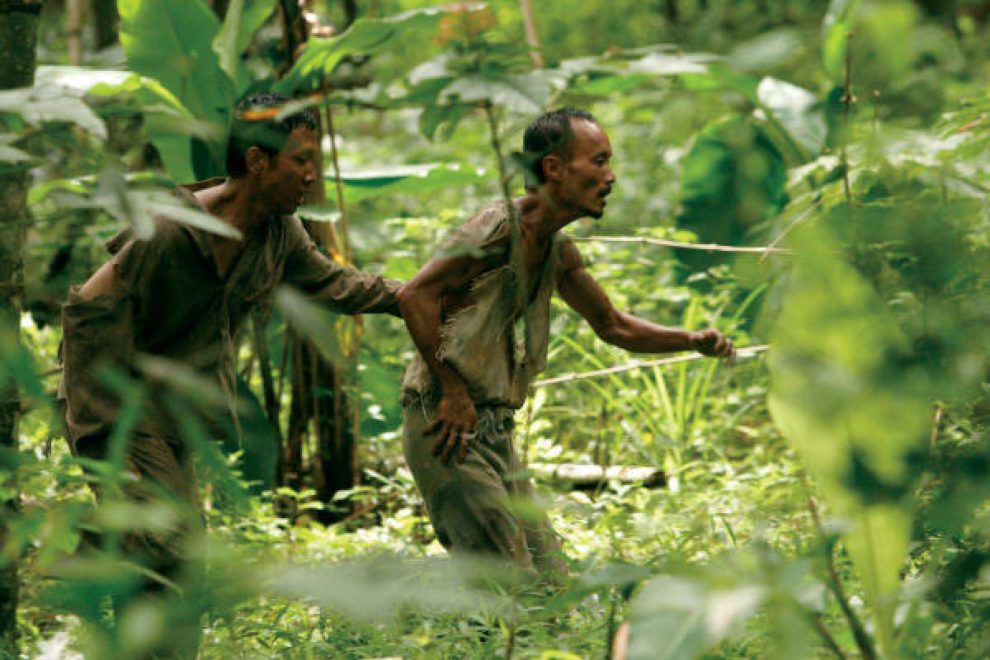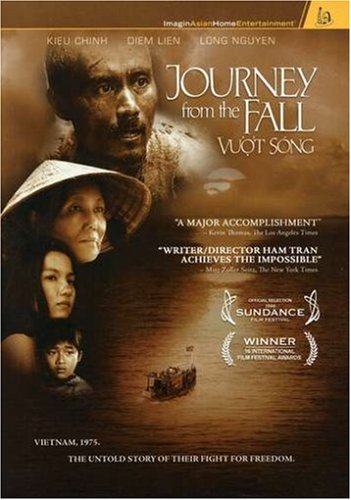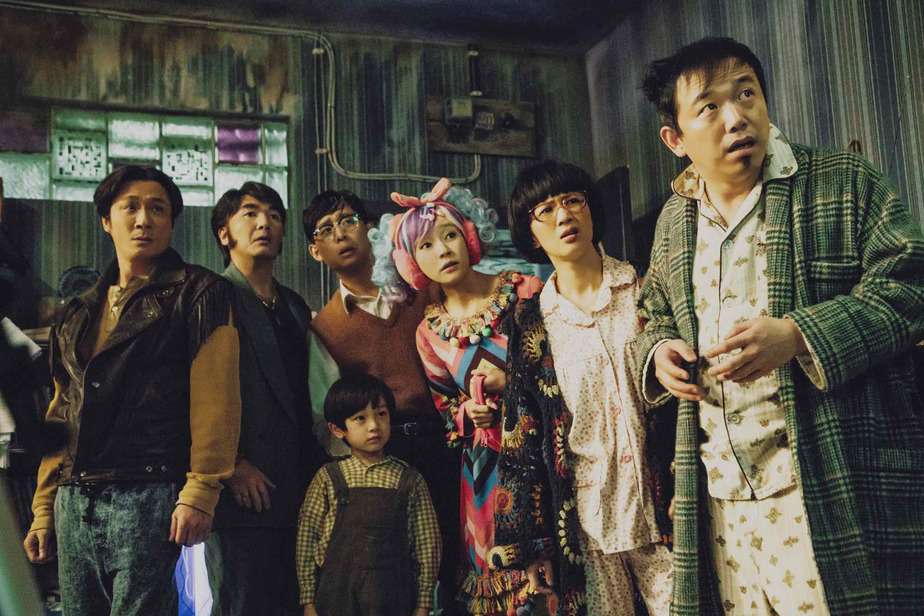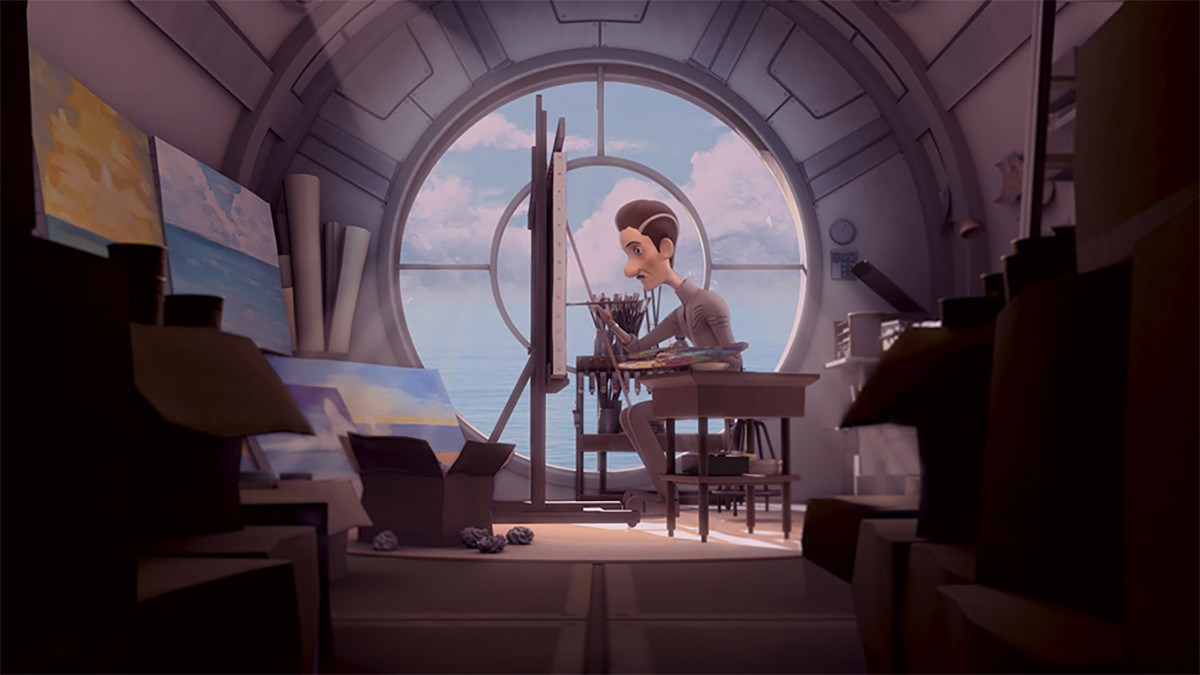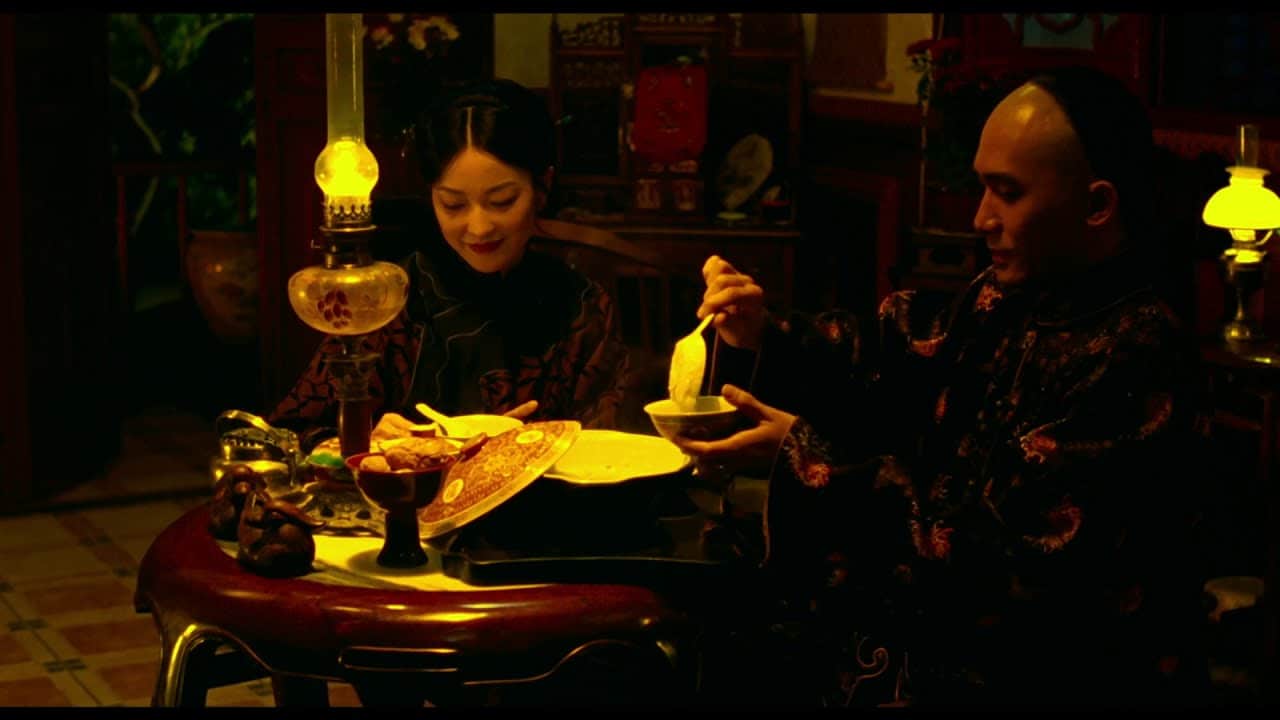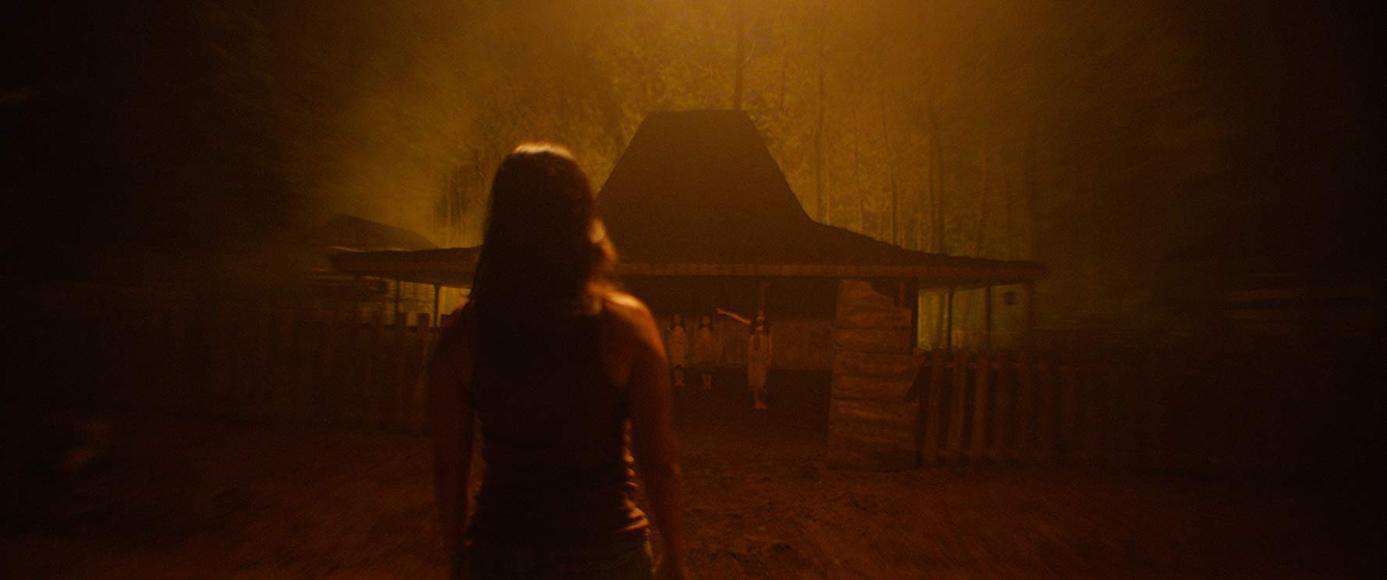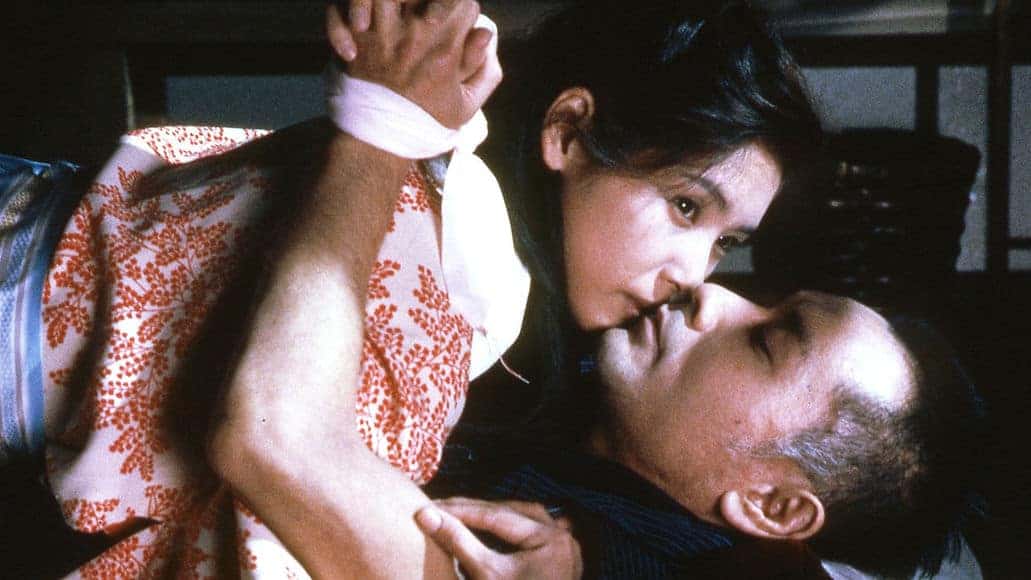The issue of the Vietnamese boat people, refugees who fled Vietnam by boat and ship following the end of the Vietnam War in 1975, and the subsequent humanitarian crisis their massive exodus resulted in, is one of the most shocking and significant events of the previous century, with Ann Hui having already presented their plights masterfully in the homonymous movie. Han Tram presents his take through an approach that follows his protagonists until their arrival to America, where they have to face a whole other set of issues. Han Tram wrote, directed and edited “Journey from the Fall” in an effort that was entirely financed by the Vietnamese American community and was released to sold-out screenings in the country before winning a number of awards in festivals all over the world, including the Grand Jury Prize at the San Diego Asian Film Festival.
Buy This Title
The narrative is split in two parts, with the first one unfolding from different perspectives, and slightly different timelines. As Saigon is falling to the communists, South Vietnamese Army Officer Long is trying to get out of the country with his family. However, while his wife, Mai, her son, Lai and his mother Ba Noi, manage to escape in one of the boats, he is captured and thrown into a North Vietnamese re-education camp, where he is tortured by both his captors and for not having any information about the fate of his family. Meanwhile, the rest of the protagonists have to face a true odyssey, which has them facing the communist army, a crumbling boat, malnutrition and worst of all, pirates.
The second part finds Long's wife, son and mother living in California along the captain of the boat they escaped in. However, adapting is very hard for them as they have to face a number of issues, including not speaking the language, working extreme hours, and most of all, the torment of not knowing Long's fate. The appearance of Phuong, a woman who was with them in the boat, makes things a bit easier, but the moment they have look their problems in the eye eventually arrives.
Han Tram directs a movie that is based on testimonies from people who experienced both the reeducation camps and the angst of relocation, in an approach that lingers between the realistic and the melodramatic, but thankfully, ends up in the former. At the same time, the fact that the two parts are so different but actually work as a whole is a testament to his directorial prowess.
In that fashion, the first one unfolds much like a thriller, with the efforts of the three to escape and of Long to survive being highly agonizing as much as dramatic. Through this approach, Tram manages to highlight the consequences of the (end of) war in the most eloquent fashion, with the dangers and violence Long had to face being of equal intensity with the ones mother, son and grandmother had to face on the boat. The critique here is definitely addressed to the communists, who treated the South people as (potential) traitors and enemies, with the reeducation camps being places of torture where human rights were completely disregarded, as the ones on the losing side eventually became nothing more the pawns in the efforts of the winners to reshape the country through violence. The ragtag images of the exhausted prisoners is among the strongest visuals of the film, as much as the scars Mai carries after arriving in the US, which are literal as much as metaphorical.
The concept of hope and how imperative it is in surviving under such harsh circumstances is one of the messages that is quite dominant through Long's arc, although Tram also shows how hope can become a burden, in the second part, in a highly realistic approach to the comment.
The way the first part, and partially the second, unfolds, with the parallel paths of the two groups, is captivating, highlighting Tram's prowess in both direction and editing. At the same time, however, that the two axes do not take place at the same time, something which is revealed later on, somewhat faults the narrative, essentially making the film a bit confusing, although not to a point to ruin the overall great experience.
On the other hand, the change of setting and the myth that forms the beginning, the dichotomy of the two parts, and essentially, the finale, are quite well presented, with the radical changes of the two parts working quite nicely, as the second becomes a pointy family drama. The difficulties of adapting, leaving the past behind, and essentially overcoming the trauma emerge as the main comments here, again presented through a mix of melodrama and realism, although in somewhat more simplistic fashion than the first part.
This difference in context is also mirrored in the production values, with the impressive war/thriller film cinematography of the first part giving its place to the more grounded one of the second, which is probably the reason Tram worked with two cinematographers, Julie Kirkwood and Guillermo Rosas (although I have to admit I am not sure of their exact parts). The same applies to the editing, with the movie being much slower in the second part, although the pace matches the premises of each segment perfectly.
The acting is also on a high level, although Long Nguyen is the one that steals the show as Long, in the most demanding role of the movie, which he presents in the most impressive fashion. Particularly the brief interaction in the office of the man who runs the camp, and the ones with another prisoner in the isolation “cell” are among the most memorable scenes in the film. Diem Lien as Mai and Kieu Ching as Ba Noi are also quite good, with the tension that characterizes their relationship being palpable, and their inevitable clash that takes place through Lai, being also rather memorable.
“Journey from the Fall” may be a bit melodramatic at times, but considering the direness of its themes, this is a but a tiny fault, as Tram manages to portray history, communicate his comments, and entertain at the same time, through a genuinely cinematic approach in both context and production values.


